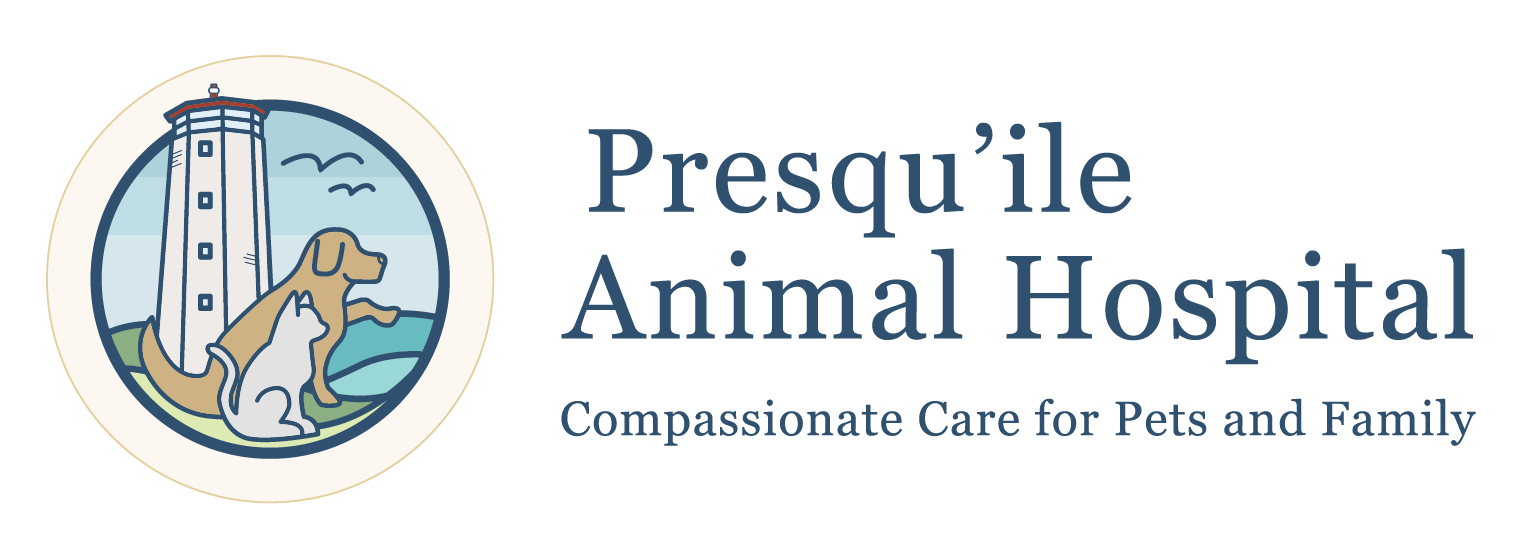Have you ever found yourself facing the not-so-pleasant situation of a dog with diarrhea? You’re not alone. In our veterinary office, we understand the concern and urgency that comes with this messy issue. Fear not – this is today’s topic, we’ll explore the common causes of canine diarrhea and provide a practical guide on what to do to help your furry friend get back to their happy, healthy self. Identifying the Causes: Before we delve into the steps to manage doggy diarrhea, it’s crucial to understand the potential causes. Diarrhea in dogs can stem from a variety of reasons, including:

- Dietary Changes: A sudden switch in food or the consumption of something outside of their regular diet can upset your dog’s stomach. Infections: Bacterial, viral, or parasitic infections can lead to gastrointestinal upset and diarrhea.
- Food Allergies or Sensitivities: Some dogs may be intolerant or allergic to certain ingredients in their food, resulting in digestive issues.
- Toxic Ingestion: Dogs are notorious for putting anything and everything in their mouths. Ingesting toxic substances, plants, or spoiled food can cause diarrhea.
- Stress or Anxiety: Changes in routine, travel, or environmental stressors can impact your dog’s digestive system.
What to Do When Your Dog Has Diarrhea:
- Assess the Situation: Take note of the frequency and consistency of your dog’s diarrhea. If it’s a one-time occurrence and your dog is otherwise acting normal, it may resolve on its own. However, persistent or severe diarrhea requires attention.
- Withhold Food for 12-24 Hours: Give your dog’s digestive system a break by withholding food for 12-24 hours. Make sure they have access to water to stay hydrated.
- Introduce a Bland Diet: Gradually reintroduce a bland diet to soothe your dog’s stomach. Boiled chicken and rice or a commercial prescription diet for sensitive stomachs can be suitable options.
- Monitor Water Intake: Ensure your dog stays hydrated. Encourage them to drink water, but avoid forcing large amounts at once.
- Observe Behavior: Keep an eye on your dog’s overall behavior. If they exhibit signs of lethargy, dehydration, or if diarrhea persists for more than 24 hours, consult your veterinarian.
- Collect a Stool Sample: If the diarrhea persists, collect a fresh stool sample and bring it to your vet. This will help identify any potential underlying issues, such as parasites or infections.
When to Seek Veterinary Attention: If your dog’s diarrhea is accompanied by any of the following symptoms, it’s crucial to seek veterinary attention promptly:
- Persistent diarrhea for more than 24 hours.
- Blood in the stool.
- Vomiting.
- Signs of dehydration (excessive thirst, dry gums, lethargy).
- Abdominal pain or discomfort.
Dealing with a dog with diarrhea can be challenging, but with the right approach and timely intervention, you can help your furry friend bounce back to health. Always trust your instincts as a pet parent, and don’t hesitate to consult with your veterinarian if you have concerns about your dog’s digestive health. Together, we can navigate through the mess and get your pup back to wagging their tail in no time!
